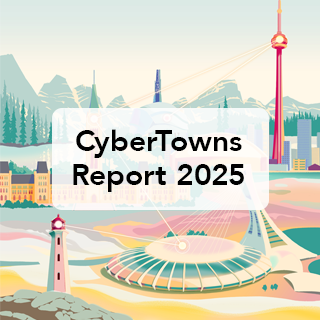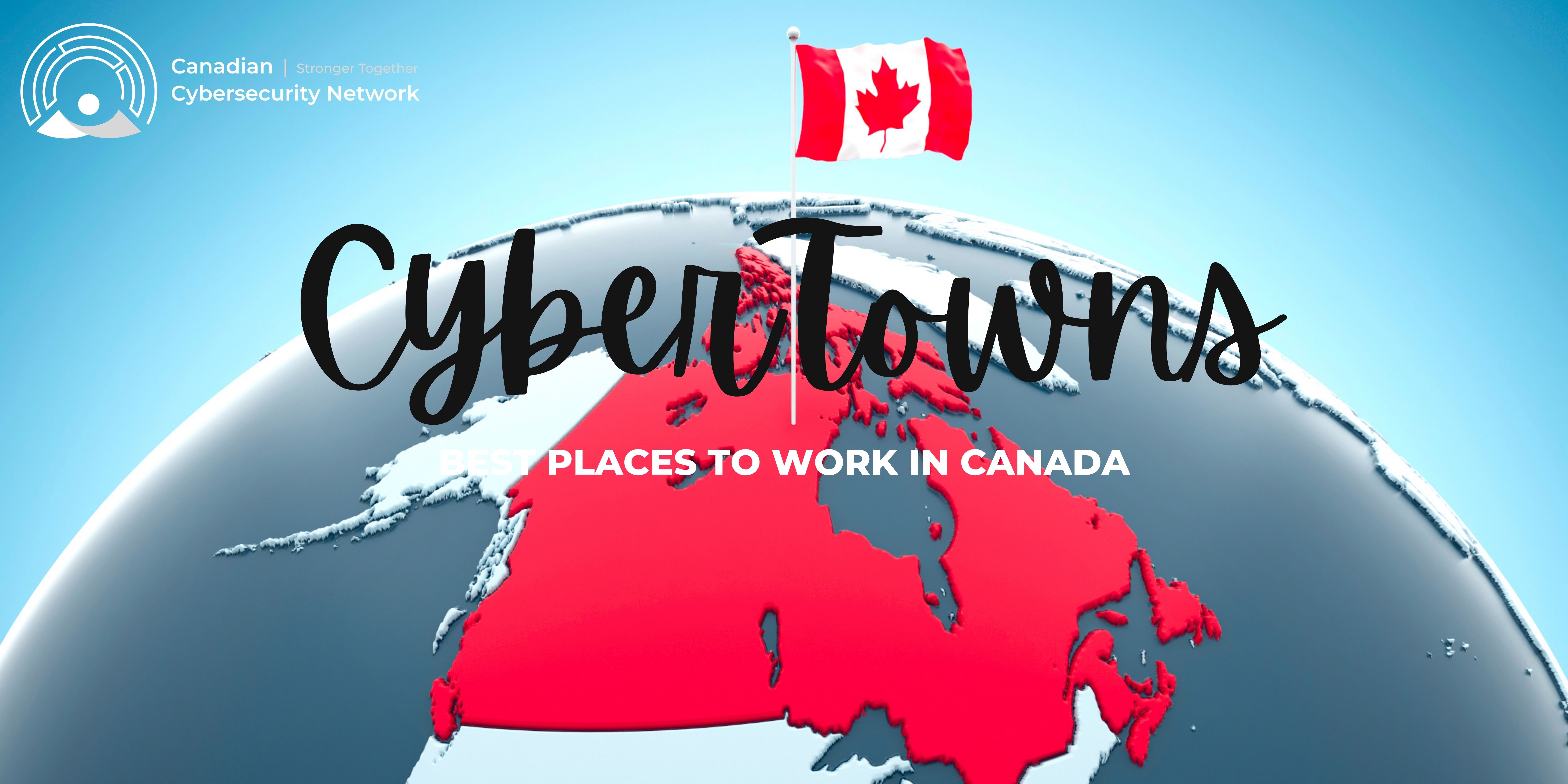Canadian Cybersecurity Network (CCN) Launches Free Job Postings on Canada’s #1 Cybersecurity Job Platform
The Canadian Cybersecurity Network (CCN) has made its Canadian Cybersecurity Jobs platform completely free for companies hiring within Canada....



